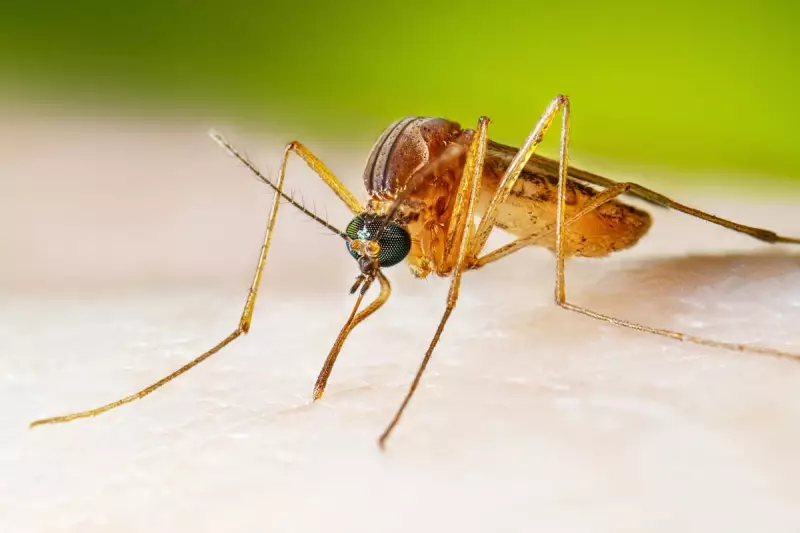
In a breakthrough that could reshape global malaria prevention efforts, scientists have uncovered a remarkable survival mechanism in disease-carrying mosquitoes that allows them to detect and avoid deadly pesticides.
The groundbreaking research, conducted by a team of international experts, reveals that Anopheles gambiae mosquitoes – the primary vectors of malaria in Africa – have developed an extraordinary ability to recognise insecticides through their legs and actively steer clear of treated areas.
The Sensory Breakthrough
Researchers discovered that these mosquitoes possess specialised sensory proteins called IRs (ionotropic receptors) located in their limbs. These receptors function as early warning systems, detecting chemical compounds in insecticides and triggering avoidance behaviour before the toxins can take effect.
Dr Colince Kamdem, co-author of the study from the University of California, explains: "These receptors essentially act as 'insecticide detectors' that warn mosquitoes of potential danger. This explains why many control measures become less effective over time."
Implications for Malaria Control
Malaria remains one of the world's deadliest diseases, with the World Health Organization reporting approximately 247 million cases and 619,000 deaths annually. The majority of fatalities occur among African children under five years old.
The discovery challenges conventional approaches to mosquito control and suggests why insecticide-treated bed nets and indoor spraying have seen diminishing returns in some regions.
Future Directions
Scientists are now exploring several innovative strategies based on their findings:
- Developing new insecticide compounds that bypass mosquito detection systems
- Creating targeted applications that minimise early detection
- Designing combination treatments that disrupt sensory recognition
- Engineering environmental modifications to reduce avoidance behaviour
Professor Catherine Moyes from the University of Oxford, who contributed to the research, stated: "This isn't just about creating stronger chemicals. We need smarter approaches that understand and work around mosquito behaviour."
The research team emphasises that this discovery could accelerate the development of more effective and sustainable malaria control methods, potentially saving hundreds of thousands of lives annually in affected regions.





